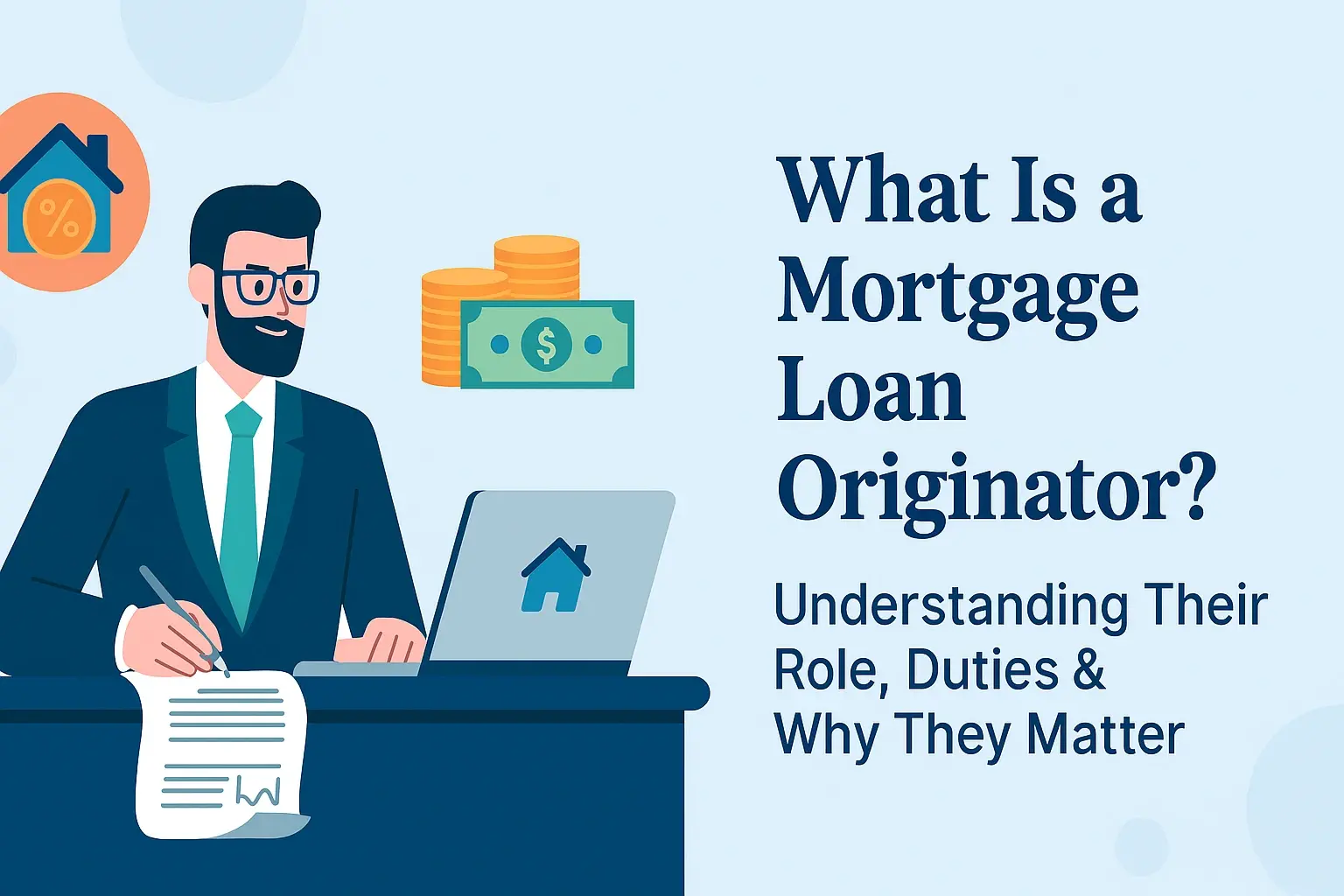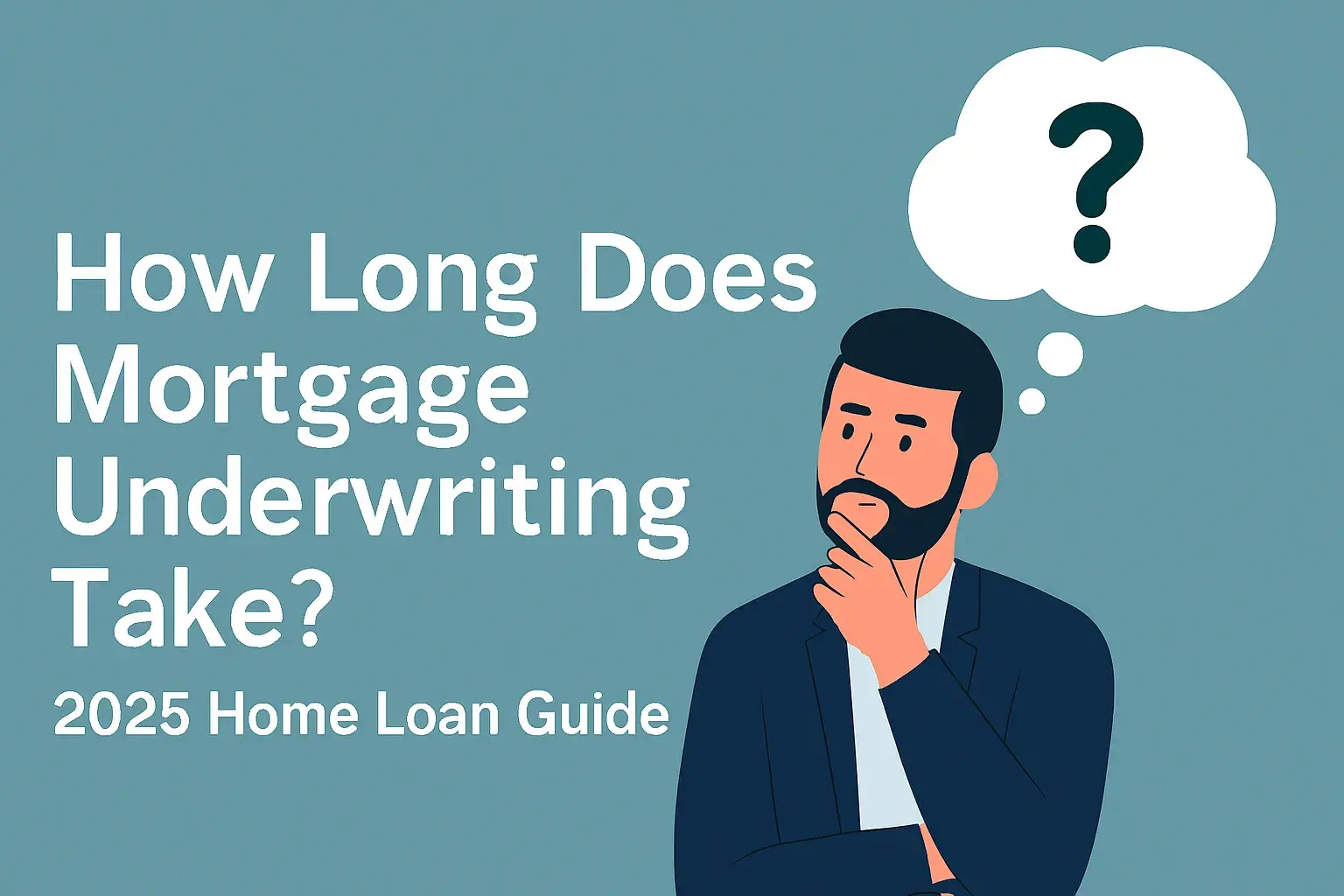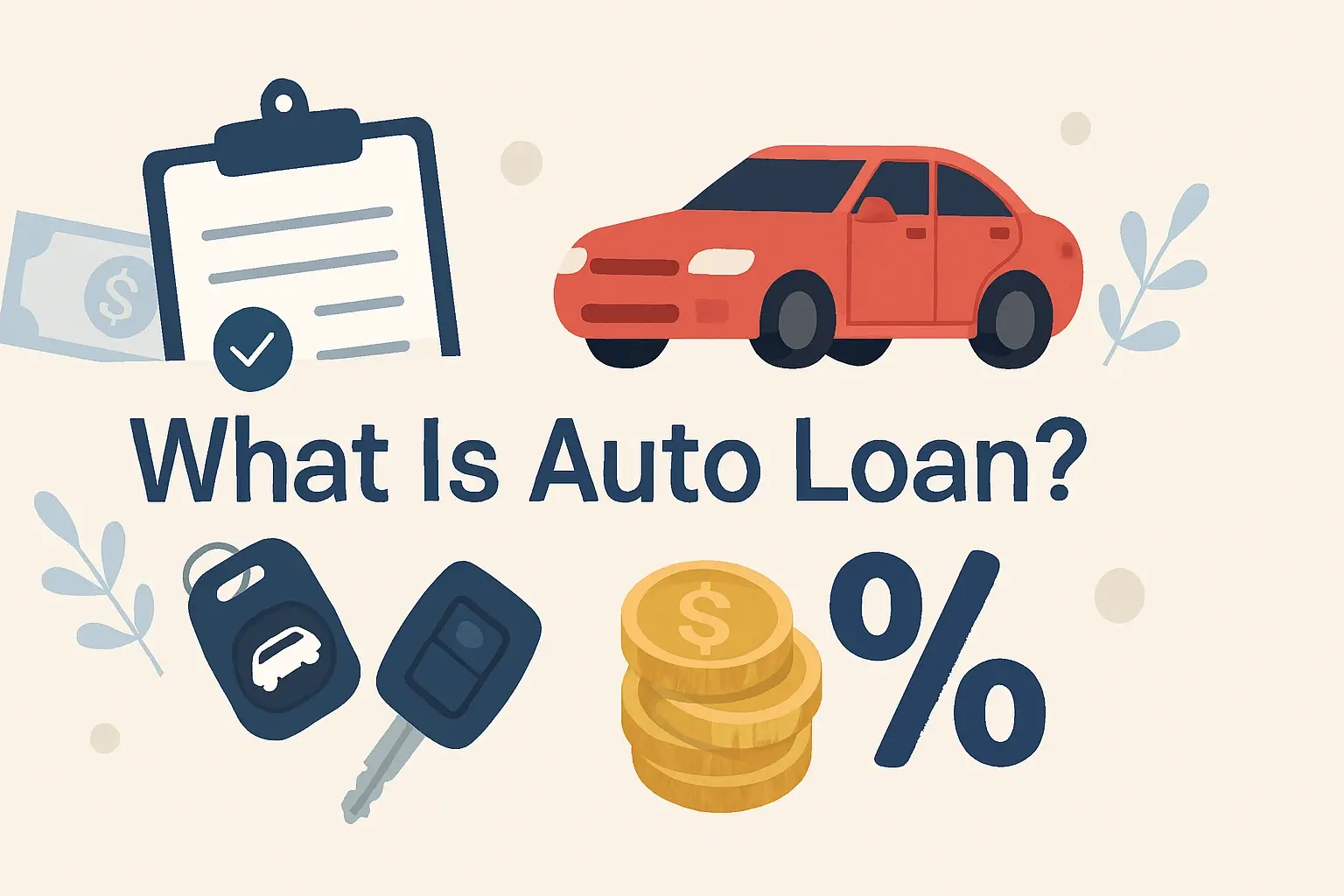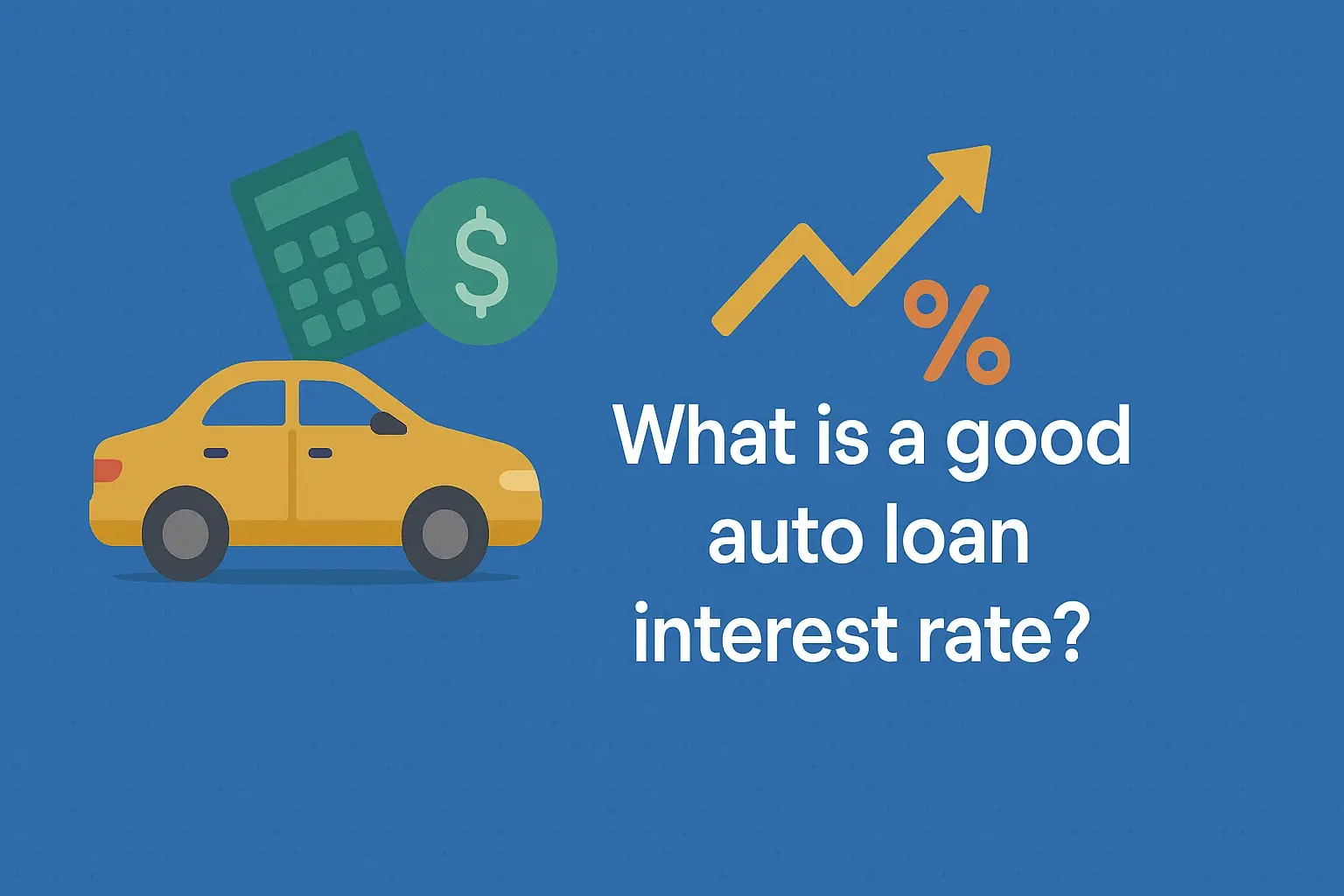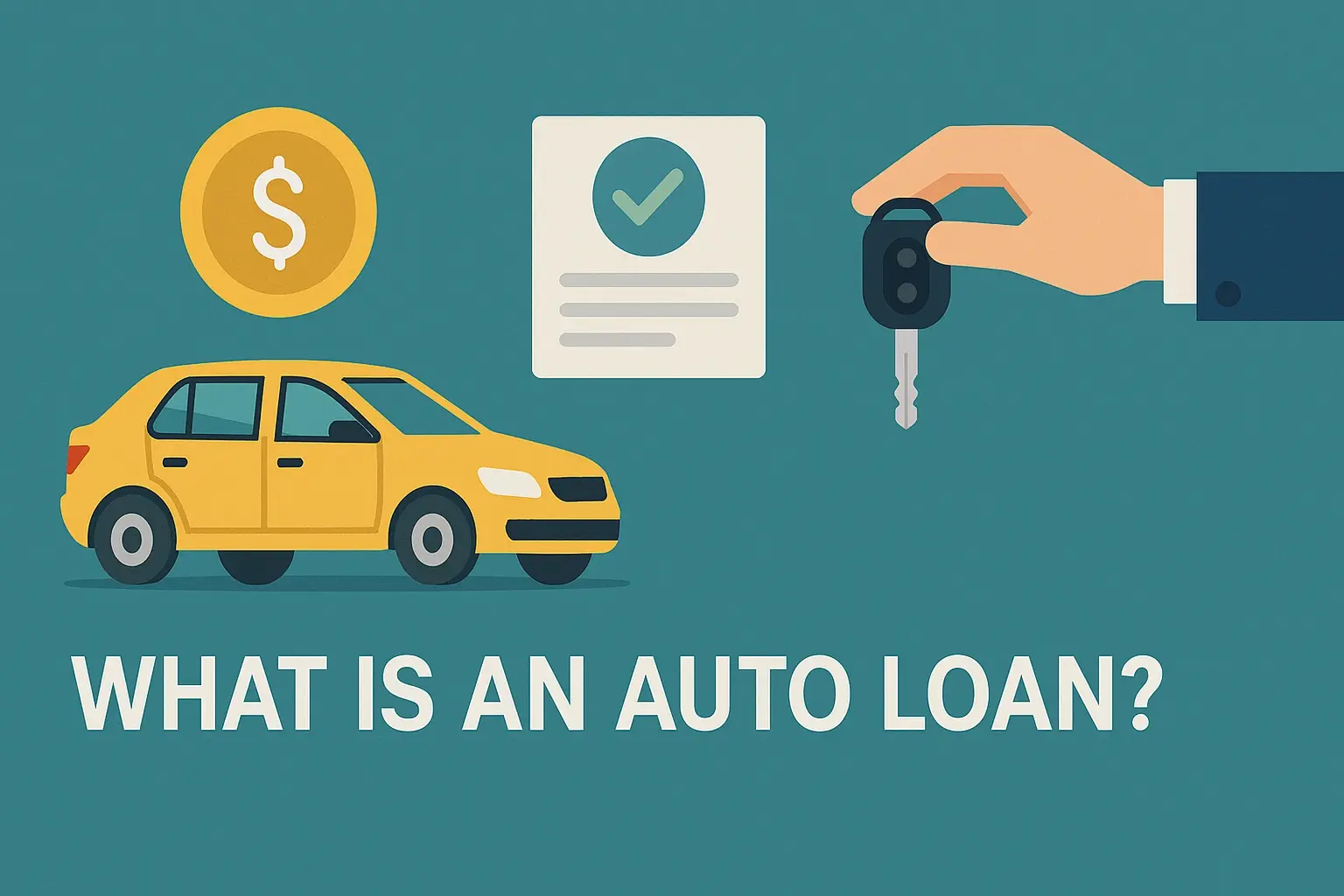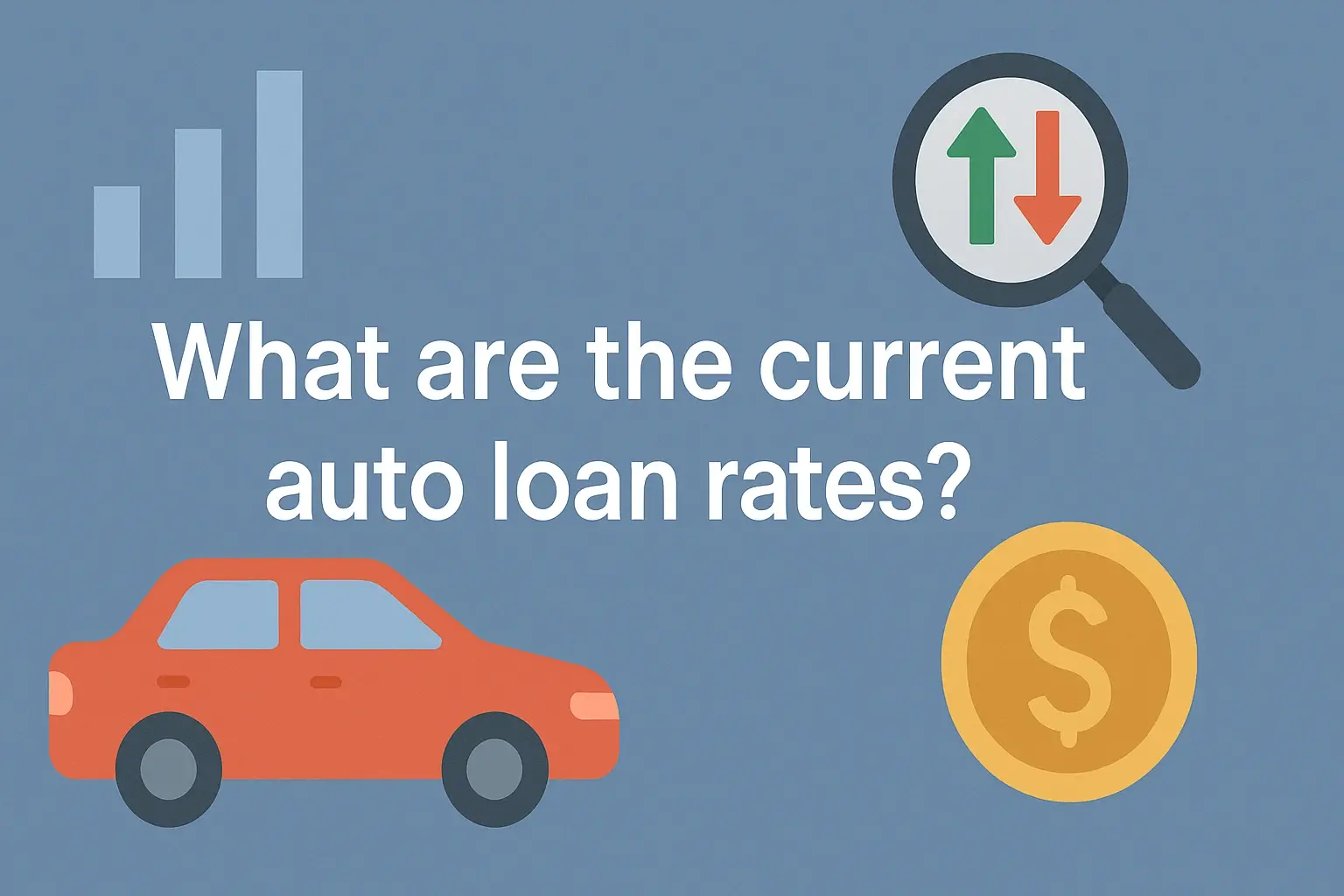-
Posted on: 25 Nov 2025

-
Buying a home is one of the most significant financial decisions you will make, and understanding mortgage loans is key to making informed choices. A mortgage loan is a type of loan specifically designed to help borrowers purchase, maintain, or refinance real estate property. A legal agreement between you and a lender allows you to spread out the cost of a home over many years while you gradually build equity.
Mortgage loans remain the cornerstone of homeownership in the United States. In 2025, amid a dynamic housing market, mortgage rates and lending rules are influenced by economic factors like inflation, interest rates, and borrower creditworthiness. This guide breaks down everything you need to know about mortgage loans, including how current market trends affect them, and why credit repair can be an essential step for any homebuyer seeking better mortgage terms.
Understanding Mortgage Loans
A mortgage loan is a type of secured loan, where the property you purchase serves as collateral. This means the lender has the right to foreclose and sell the property if you fail to make payments. Mortgages generally come with a fixed or variable interest rate and require monthly payments that include principal repayment and interest charges.
Mortgage types commonly available include:
Fixed-rate mortgages: Interest rate remains constant over the entire loan term, providing predictable payments.
Adjustable-rate mortgages (ARMs): Interest rates change periodically based on market indexes, often starting lower but with potential increases later.
FHA loans: Government-backed loans with lower credit requirements.
VA loans: Available for veterans with favorable terms.
Jumbo loans: For loan amounts exceeding conforming loan limits.
Current Mortgage Market Trends in 2025
Mortgage interest rates in the U.S. have fluctuated throughout 2024 and early 2025, stabilizing around mid-to-high 6% for a 30-year fixed mortgage as of late 2025. Experts forecast that these rates may gradually trend downward but are likely to stay elevated relative to historical lows seen in previous years.
The National Association of Realtors (NAR) and mortgage banks forecast rates near 6.4% to 6.6% through mid-2025.
Refinancing activity is moderate as many homeowners have locked in rates below 4% in prior years.
Despite higher rates, market fundamentals such as stable purchase activity and an annualized mortgage production growth of about 20% signal a cautiously optimistic environment.
Mortgage loan originations are influenced by stricter lending standards post-pandemic and borrower credit profiles.
Why Credit Repair Matters for Mortgage Loans
Your credit score is a crucial factor in mortgage approval and the interest rate offered. Lenders use credit scores to evaluate the risk of lending. A higher credit score often means:
Lower interest rates can save thousands over the life of the loan.
Better chances of loan approval.
Access to a wider variety of loan products.
Credit repair improves your credit report by addressing negative items such as late payments, collections, or inaccurate information. Taking time to repair your credit before applying for a mortgage can:
Help ensure you qualify for loans with better terms.
Reduce the overall cost of homeownership by lowering mortgage interest expenses.
Experts recommend starting credit repair well in advance, as it may take several months to reflect positive changes. Improving credit also involves timely bill payments, reducing debt balances, and resolving disputes on your credit report.
Real-Time Data and Resources for US Homebuyers
In the current marketplace:
The 30-year fixed mortgage rate averages around 6.5% to 6.6%, according to major forecasts as of late 2025.
Purchase mortgage loan volumes show seasonal fluctuations but generally remain stable, with moderate growth expected for the year.
Refinancing activity is tempered, with homeowners holding lower-rate mortgages hesitant to refinance at higher rates.
Credit bureaus and repair services report that consumers who invest in credit improvement before applying for a mortgage tend to secure better approvals and rates.
Government programs like FHA 203(k) loans also exist to support homebuyers who want to finance home repairs or improvements within their mortgage, making homeownership more accessible without needing separate loans.
How Credit Repair Services Can Help You Secure a Mortgage?
Navigating credit repair services like Credit Repair Ease can be complex and time-consuming. Professional credit repair services help you:
Identify and challenge inaccuracies or outdated information on your credit report.
Develop tailored strategies to improve your credit score.
Guide managing debts and improving payment histories.
Prepare you with the best financial profile for mortgage lenders.
Taking advantage of credit repair not only improves your mortgage eligibility but also empowers you financially, providing confidence throughout the homebuying process.
This comprehensive information combines clear definitions, current market insights for 2025, and practical credit repair advice to guide prospective homebuyers in the USA towards making smart mortgage decisions. Improving your credit and understanding mortgage market conditions equips you to secure better loans and save money over time.
If you want detailed mortgage rate updates or credit repair options tailored to your situation, expert consultation or reputable online services can provide personalized assistance.
null




